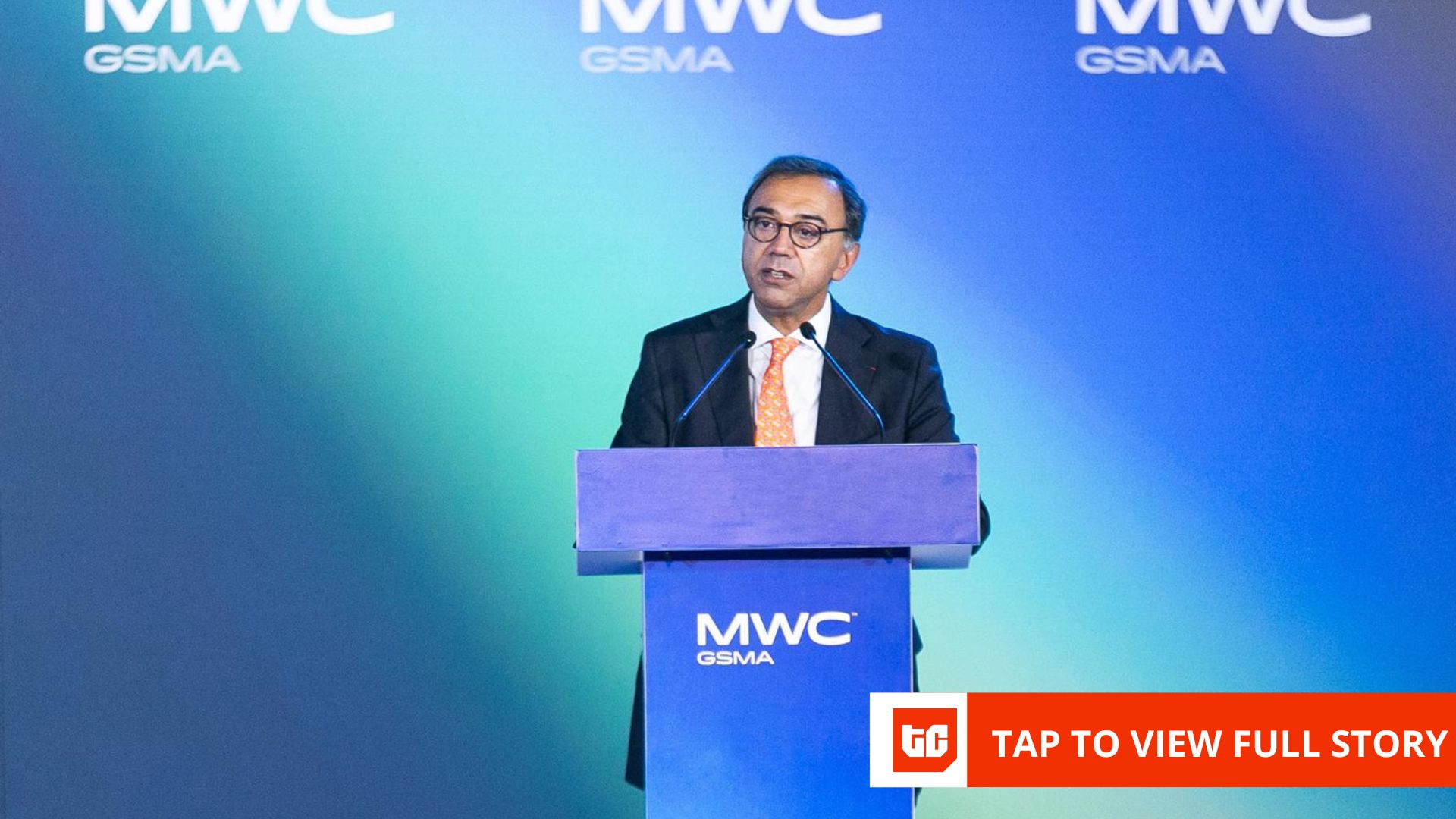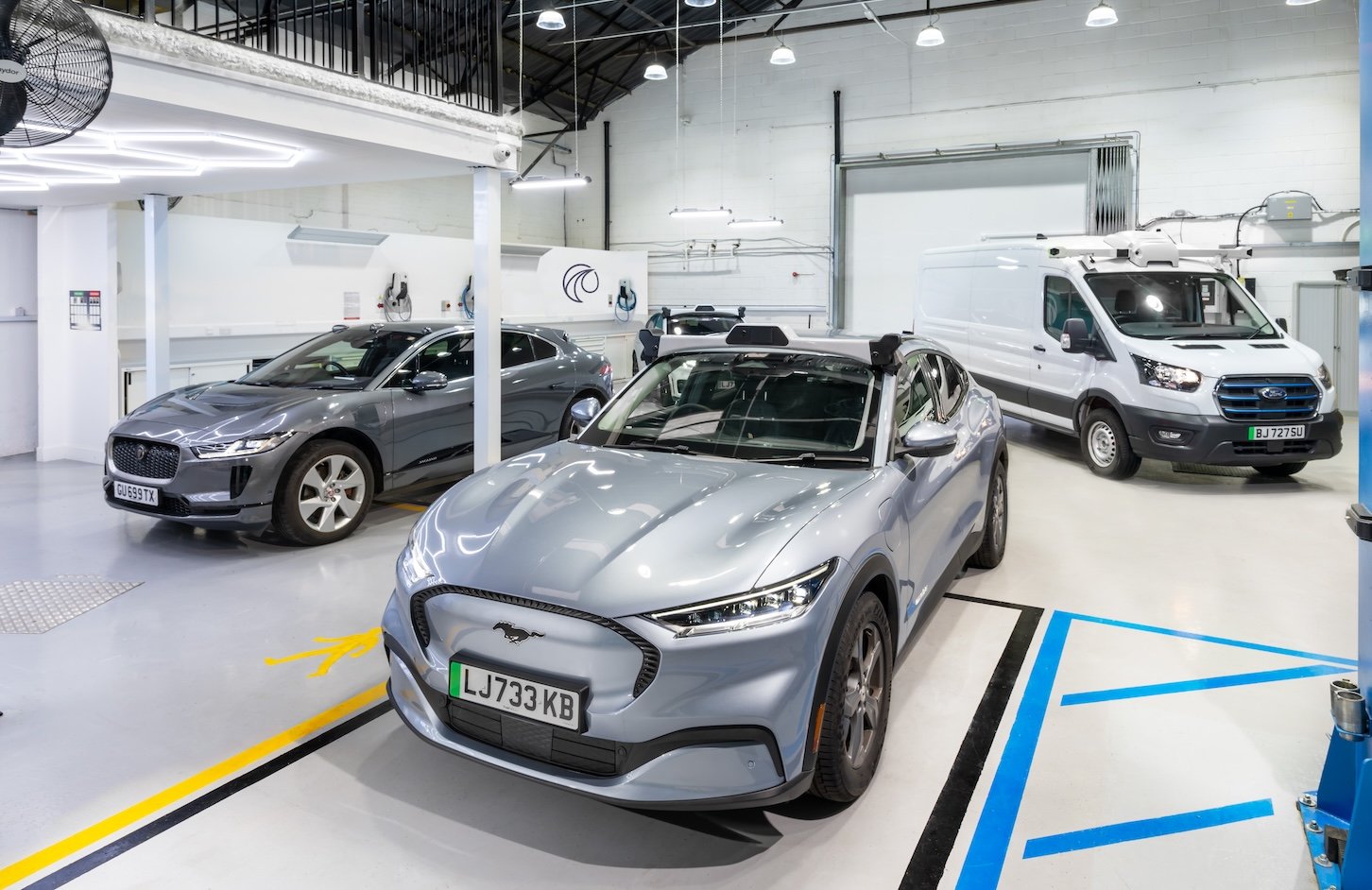The GSM Association (GSMA), in partnership with six of Africa’s biggest mobile operators—Airtel Africa, Axian Telecom, Ethio Telecom, MTN, Orange, and Vodacom—has unveiled a proposal to set minimum specifications for affordable entry-level 4G smartphones.
Announced during the Mobile World Congress 2025 in Kigali, the initiative, part of the GSMA Handset Affordability Coalition, aims to make internet-enabled devices more accessible to millions of Africans who are still offline due to the high cost of smartphones.
Smartphone affordability remains the biggest barrier to mobile internet adoption across Sub-Saharan Africa. According to the GSMA’s State of Mobile Internet Connectivity 2025 Report, over three billion people globally live within mobile broadband coverage but still do not use the internet, with handset affordability cited as the leading obstacle. While global smartphone penetration has reached 89% and exceeds 95% in developed economies, it remains below 50% in Sub-Saharan Africa, including Nigeria, highlighting the region’s digital divide.
According to GSMA Intelligence, a $40 smartphone could connect 20 million more people in the region, while a $30 handset could extend access to as many as 50 million.
The proposed baseline requirements outline minimum standards for key features — including memory, RAM, camera quality, display size, and battery life — to ensure that even the most affordable 4G smartphones deliver a reliable, long-lasting user experience.
“Access to a smartphone is not a luxury, it is a lifeline to essential services, income opportunities and participation in the digital economy,” GSMA Director General Vivek Badrinath said at the Kigali event. “By uniting around a shared vision for affordable 4G devices, Africa’s leading operators and the GSMA are sending a powerful signal to manufacturers and policymakers.”
The GSMA will now engage with device makers and technology firms to refine the specifications and rally support for large-scale production of low-cost 4G handsets. The coalition also urged African governments to remove taxes and import duties on entry-level smartphones priced below $100 — levies that can add over 30% to consumer costs. South Africa recently removed such taxes, a move the GSMA says other countries should replicate.
Affordable smartphones, the GSMA noted, are critical to inclusive growth. Mobile connectivity drives access to education, healthcare, and financial services, closing the digital usage gap between 2023 and 2030, projected to generate $3.5 trillion in GDP across low- and middle-income countries.










